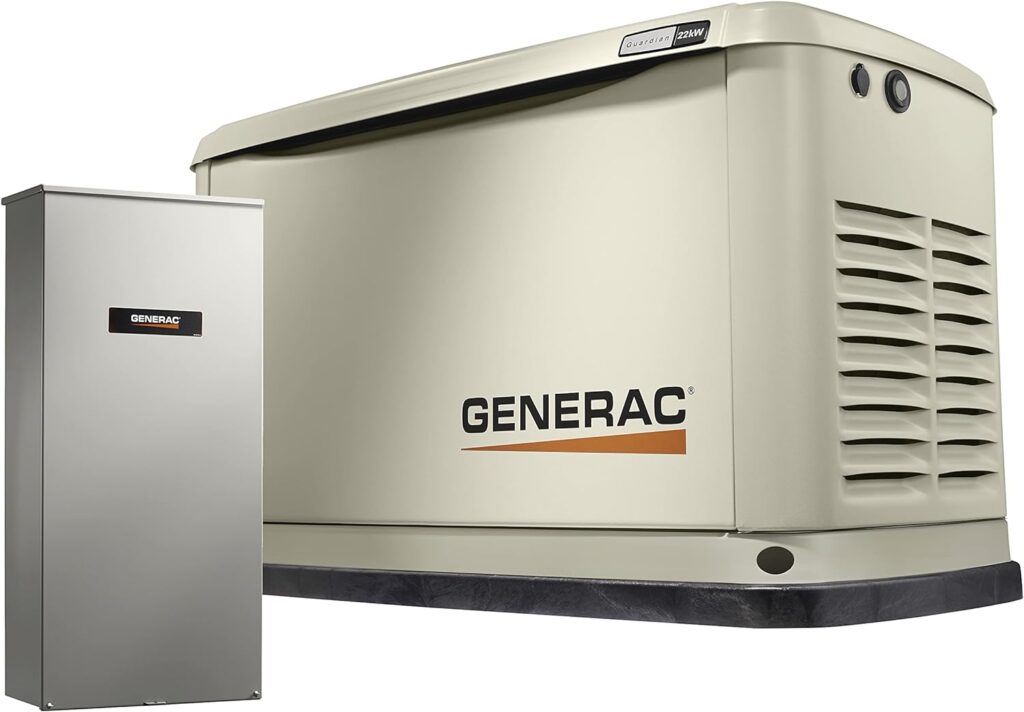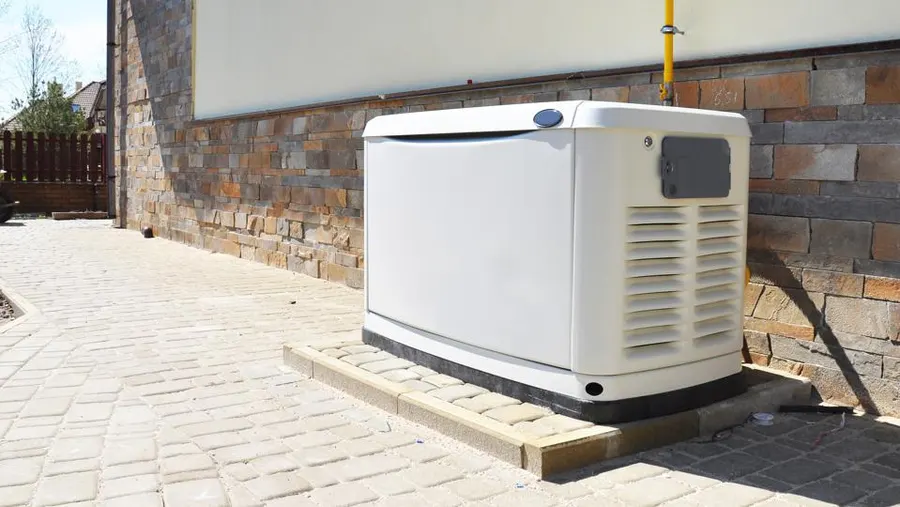
Generator Maintenance: Ensuring Reliability. In an era where dependency on electricity is ubiquitous, generators play a pivotal role in ensuring uninterrupted power supply during outages. Whether used in industrial settings, hospitals, data centers, or residential areas, generators serve as a reliable backup to the electrical grid. However, like any machinery, generators require regular maintenance to operate efficiently and extend their lifespan. This article explores the significance of generator maintenance, the key components involved, and the benefits of adopting a proactive approach to upkeep.
The Basics of Generator Maintenance
A generator is a complex piece of machinery that consists of various components working in unison to produce electrical power. Regular maintenance is essential to keep these components in optimal condition, ensuring that the generator operates reliably when needed. Here are some fundamental aspects of generator maintenance:
Inspection and Testing:
Regular inspection and testing are critical to identifying potential issues before they escalate. This includes checking for loose connections, inspecting fuel and cooling systems, and testing the generator under load to ensure it can handle the required electrical load during an outage.
Fluid Levels:
Generators require various fluids to operate, such as fuel, oil, and coolant. Regularly checking and replenishing fluid levels is crucial for optimal performance. Low oil levels, for example, can lead to increased friction and overheating of engine components.
Fuel System Maintenance:
The fuel system is a vital component of a generator. Stale or contaminated fuel can lead to engine problems and hinder performance. Regularly checking and treating fuel, as well as cleaning fuel filters, are essential tasks in generator maintenance.
Generator Maintenance: Ensuring Reliability Battery Inspection:
The battery is essential for starting the generator. Regularly inspecting and testing the battery, as well as ensuring proper connections, is crucial. A malfunctioning battery can leave a generator unable to start when needed.
Cooling System Maintenance:
Generators produce a significant amount of heat during operation. The cooling system, which includes radiators and fans, must function efficiently to prevent overheating. Regular cleaning and inspection of these components are essential for optimal cooling.
Benefits of Regular Generator Maintenance
Reliability:
Regular maintenance enhances the reliability of a generator. By identifying and addressing potential issues early on, the likelihood of unexpected failures during power outages is significantly reduced. This is particularly crucial in critical settings such as hospitals and data centers, where uninterrupted power is imperative.
Extended Lifespan:
Like any machinery, generators have a finite lifespan. However, regular maintenance can help extend this lifespan by preventing premature wear and tear. By addressing issues promptly and ensuring that components are in optimal condition, generators can serve their purpose for a more extended period.
Optimal Performance:
Well-maintained generators operate at peak performance. This not only ensures a consistent power supply but also contributes to fuel efficiency. Regularly serviced generators tend to consume less fuel, reducing operational costs over time.
Cost Savings:
While some may view maintenance as an additional expense, it is, in fact, a cost-saving measure in the long run. Addressing issues before they escalate can prevent costly repairs and downtime. Additionally, a well-maintained generator is less likely to suffer catastrophic failures that could result in the need for a costly replacement.
Generator Maintenance: Ensuring Reliability Compliance and Safety:
In many industries, compliance with safety standards and regulations is paramount. Regular maintenance ensures that generators meet these standards, contributing to a safer working environment. This is particularly crucial in settings where generator failures could pose risks to human life or property.
Generator Maintenance: Ensuring Reliability Conclusion
In conclusion, generator maintenance is a fundamental aspect of ensuring a reliable and consistent power supply during outages. By adopting a proactive approach to maintenance, businesses and individuals can enjoy the benefits of enhanced reliability, extended lifespan, optimal performance, cost savings, and compliance with safety standards. The investment in regular maintenance pays off in the form of uninterrupted power, reduced downtime, and peace of mind knowing that the generator is ready to spring into action when needed. As we continue to rely on generators as a backup power source, the importance of their upkeep cannot be overstated.
